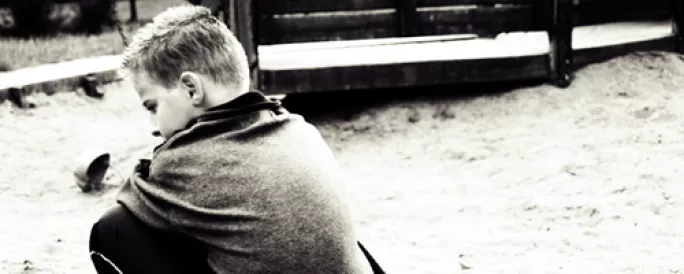How to tackle depression in primary schools
The sad reality all schools have to face is that young children can and do get depressed. This can have an impact on their ability to learn, to form relationships and to engage in school life.
Unfortunately, depression is not always the easiest problem for schools to spot. While some children feel able to talk about feeling unhappy, others will show how they feel only through the way they behave.
YoungMinds, a charity that works to improve the emotional well-being and mental health of children and young people, suggests that signs of depression in children may include:
- Finding it hard to concentrate, losing interest in schoolwork and play
- Refusing to go to school, or playing truant
- Constantly complaining of feeling bored or lonely, even when they have friends
- Irritability and moodiness beyond the normal range
- Defiance or violent outbursts
- Lack of confidence and blaming themselves if things go wrong
- Becoming very withdrawn
- Sleeping very little or too much
After spotting the signs, schools can take steps to support students, says Stephanie Coombe, assistant headteacher and inclusion lead at Eleanor Smith School in London, a special school for primary pupils with social, emotional and mental health difficulties.
“Our borough is the third most deprived in England and our pupils’ needs are various,” Coombe says. “In recognition of this context, we employ a holistic approach known as Academic Resilience, which our school has developed through working with YoungMinds. This framework gives an overview of how it works.
“We ensure that individual pupils are assessed and diagnosed to determine how best to support them, be that in school or externally, through referral to specialist agencies or educational psychologists.”
Coombe stresses that relationships with staff are also key.
“Resilience research has repeatedly shown how important one significant adult is in a child’s life,” she says. “If this person is not within the home, it is typically a member of school staff. We recognise how important all staff are in this capacity, so we use the Academic Resilience framework together - everyone from the kitchen staff to the headteacher.”
There is no quick fix to tackling depression in schools, but knowing the signs to look for and having a strategic plan in place to help students is often half the battle.
Comic Relief is funding a new campaign from YoungMinds, YoungMinds Vs. This is a mass movement for change that aims to improve the mental health of children and young people.
Red Nose Day will take place on 13 March 2015 and the money raised will be used to help fund projects like this in the UK and Africa. To find out more and order your free Schools Fundraising Resource Pack today, visit www.rednoseday.com/tes
You can also download teaching resources to support Red Nose Day 2015.
Keep reading for just £1 per month
You've reached your limit of free articles this month. Subscribe for £1 per month for three months and get:
- Unlimited access to all Tes magazine content
- Exclusive subscriber-only stories
- Award-winning email newsletters




